A debt-free money system as an alternative to a debt-based money system (money-as-debt) may seem too good to be true, but there are now practical examples of debt-free money systems that have been implemented by communities around the world.
Debt-free money is important because economies are suffocating in a growing mountain of debt. For example, the United States federal government is today over 17 trillion dollars in debt, which is increasing by 2 billion dollars a day. Watching this scale of debt build up is like watching a fire burn without putting it out.
However, this is not just an issue about debt. It is also an issue about continuing to use a debt-based money system that drains money and therefore energy away from communities, and in turn fuels the unsustainable pursuit of economic growth. This post will describe what we can do to turn things around and create debt-free money systems that allow communities and ecosystems to thrive, and that allow us to become free to pursue our authentic life-purpose, rather than live our lives fighting against debt and scarcity.
What are Money Systems?
Money systems are simply the structures we have to enable us to use money. Money itself is neutral. Its purpose is to serve as a token of exchange. Although money is this straightforward, it is how the money system is created that determines how well it will benefit us.
While there are many expressions of money systems, there are essentially two types of money systems: a debt-free money system and a money-as-debt or debt-based money system.
A debt-free money system basically removes money-making banks from the equation and allows people to trade with locally-issued money that is free of interest.
A money-as-debt or debt-based money system allows people to trade with money that is issued to them as debt by banks.
We can actually use either money system. We may think that we don’t have a choice which money system to use, because governments decide for us. However, there is nothing to stop people using a debt-free money system in parallel or as an alternative to a money-as-debt system—and indeed they do. The Local Exchange Trading Systems and Community Exchange Systems are just two examples of debt-free money systems that are being used successfully by communities around the world.
The ability to solve the mind-boggling economic problems of our world is in our hands, does not require us to be an expert in economics, and can be awakened and used once we become mindful enough to observe our automatic habits of using money. Mindfulness awakens us to the choice of which money system we use, and frees us from the fears, insecurities, and the compulsion of habit that are behind our continued participation is an unsustainable and life-draining debt-based money system.
Money-as-Debt is Draining and Destructive
In a money-as-debt system, money is issued by central banks as a loan for their own profit-making benefit, and each time that it is issued, interest is charged on top, meaning that the economy is constantly in growing debt. The United States federal government is over 17 trillion dollars in debt because of this system. The same debt-making process is used by commercial banks when they lend to customers. In order for all of these loans to be paid back with interest, more money is then issued by the central banks, and the cycle repeats.
The money-as-debt system is grossly unsustainable, with staggering social and environmental costs.
For example, in the scramble to compete to make money from a sale at any cost, the social and ecological costs increase without being included in the price brought to the market. In other words, competition over the scarcity of money leads companies to externalise their social and ecological costs so that they can come to the market with the lowest price and beat off their competitors.
The increasing rich-poor divide is a direct casualty of the money-as-debt system, in which money is drained from those who have less of it into the hands of those who have more of it. Take a look at these two facts:
- The richest 1% of the world’s population owns 40% of global wealth.
- The 3 richest people in the world have more money than the 48 least wealthy nations combined.
The drive for economic growth and accumulation is an ego-based reaction to assuming that we have to use a money-as-debt system. It is not always based on greed, though. The scarcity of a debt-based money system triggers real human fears—such as whether we will have enough money to have a roof over our heads, or enough money to buy food to feed ourselves and our families.
However we view the drive for economic growth in a money-as-debt system—whether as an issue of greed, fear, or prosperity—the fact is, it creates suffering:
- It does not work for the whole.
- It is socially and ecologically unsustainable.
- It promotes destructive competition.
Time for a Debt-Free Money System
For an economy to support communities and ecosystems, it needs firstly to be a local economy, so that it responds to the needs of local people and their bioregion. We need a feedback system that enables us to know if we are meeting our needs and are living sustainably. Anything bigger than a local community economy lengthens the distance between cause and effect to beyond the community. This therefore makes it hard for us to obtain feedback about the effects of our purchases, sales, or production. Businesses outside our local community, because they are not part of our local community, have less awareness and interest in the conditions of our community.
Within a local community’s economy, a local currency can be created that is interest-free and issued by the people of the community themselves, rather than by a private bank. Banks become unnecessary when money ceases to be a commodity and is just information of value.
Mutual credit is an example of a type of community currency that is issued interest-free by the people who use it. With mutual credit, money is created at the time of each economic transaction, when credits move from the buyer’s account to the seller’s account, with the sum total of all accounts in the system always remaining at zero. People whose balances exceed an agreed positive or negative limit are encouraged to buy or sell in order to bring their balance back towards zero. Caps can be placed on negative balances if necessary. Take a look at Heartcredits in the UK as an example.
The exchange of money can take place online, by phone, or by a payment note, and authorises the currency administrators to move the appropriate credits from the buyer’s account to the seller’s account. To assist the trading process, a directory of each account holder’s offers and wants can be shared with the community.
Healing the Rich-Poor Divide
A debt-free money system removes the scarcity of a money-as-debt system, and therefore halts the flow of money from poor to rich. While some people suggest that poverty is due to laziness, poor money skills, or poor government, this perspective not only lacks compassion, but also lacks vision of the fundamental issue, which is the flawed nature of the money system itself that is being used, which does not meet the needs of all. In fact, a debt-based money system is inherently hierarchical, and so can never meet the needs of everybody, despite all the talk of prosperity. It is a mathematical fact that since money is issued as debt, there will always be debt in the economy, and, as a result, a rich-poor divide.
Our collective prosperity as individuals, communities, nations, and as a world can only be found outside a money-as-debt system. There is enough wealth for everyone, for we are all part of an ecological system that is continually cycling energy to support the life within it. So long as we all support this flow of energy by circulating our wealth and respecting our social and ecological environment, we will always be able to receive the energy that we need to meet our authentic needs and become self-realised. When we fully value our authentic, ecological self, we will understand that the energy of the whole is our collective wealth, and that it exists in abundant supply for us all.
Like this article? Spread the word by sharing the link.

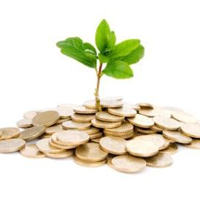
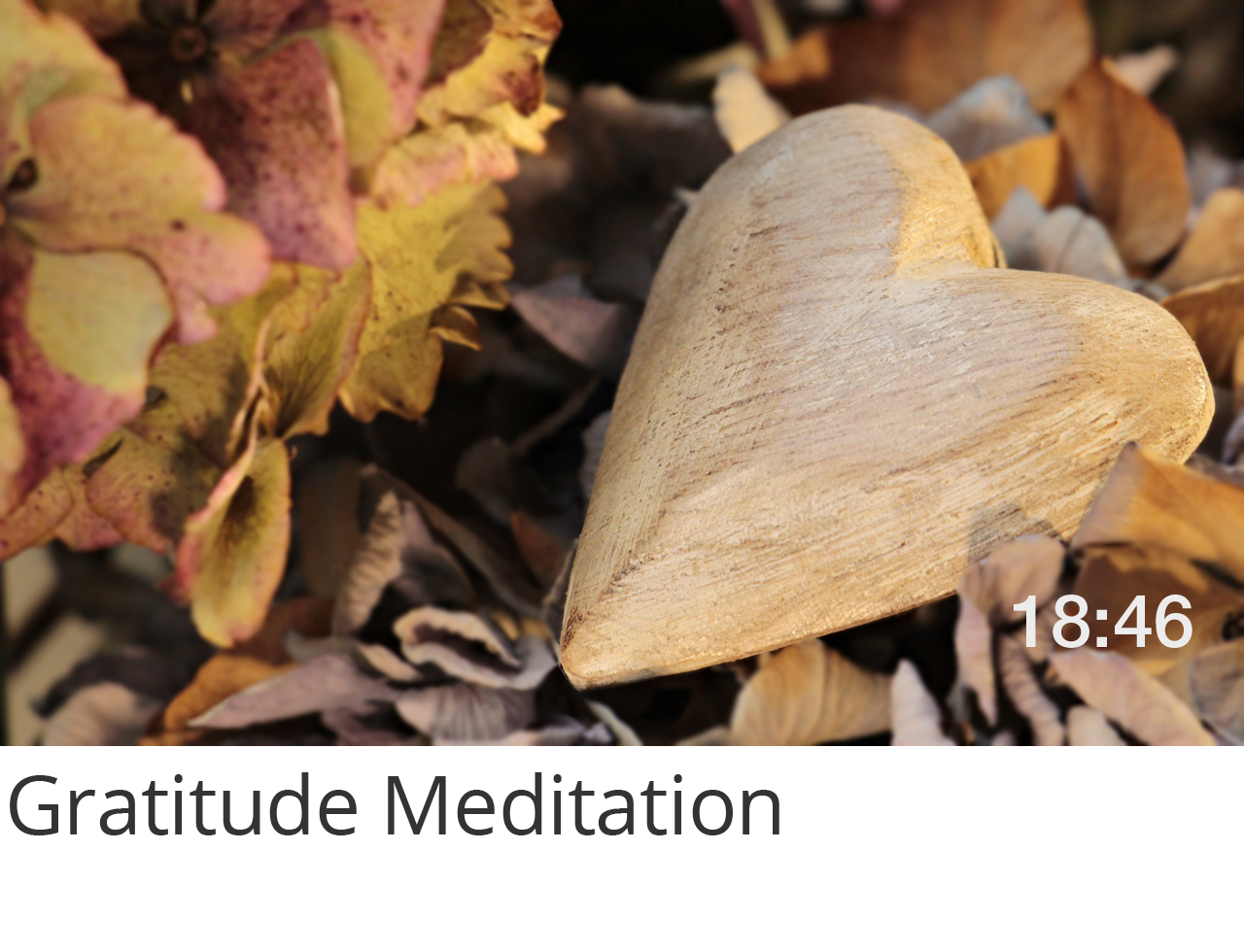
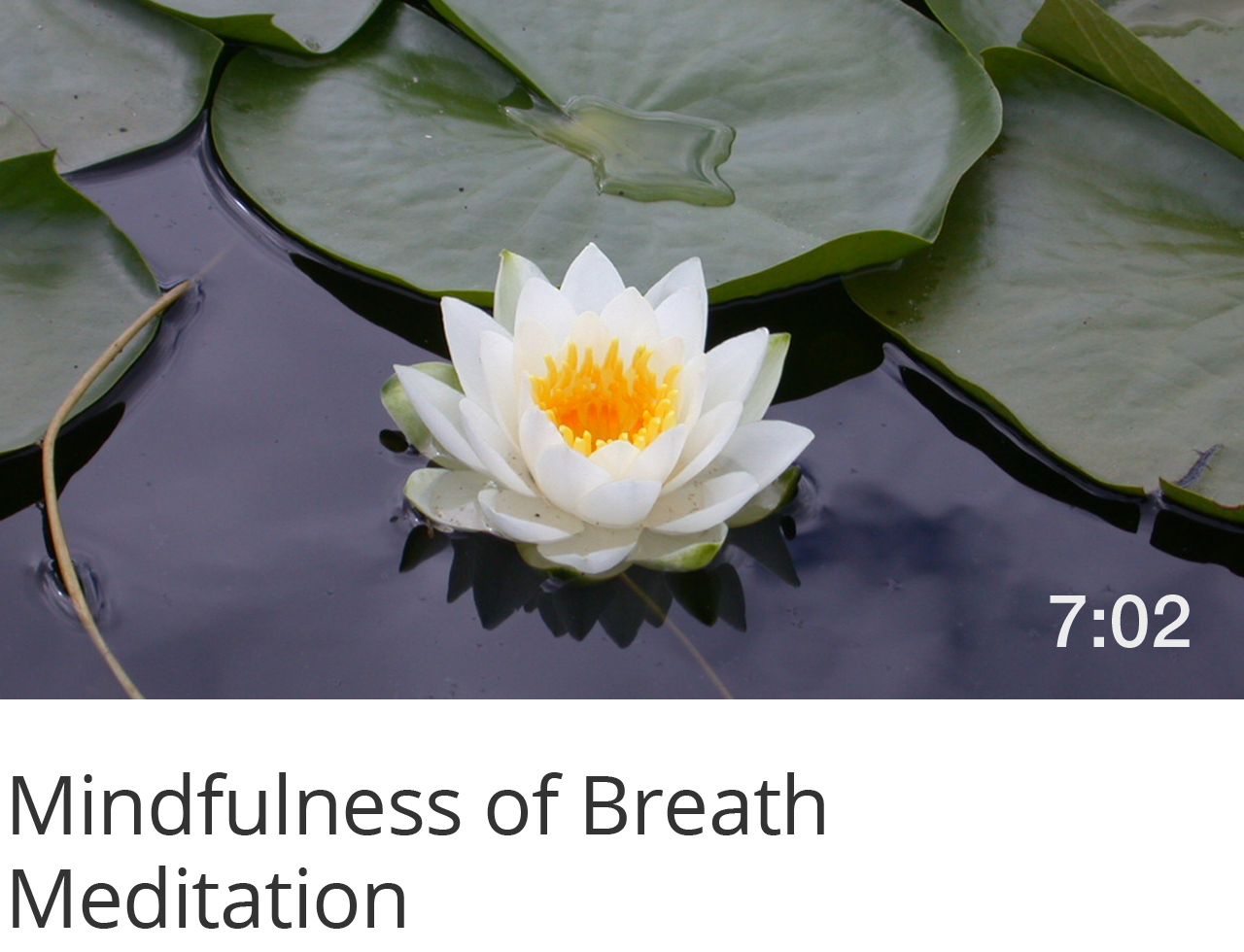


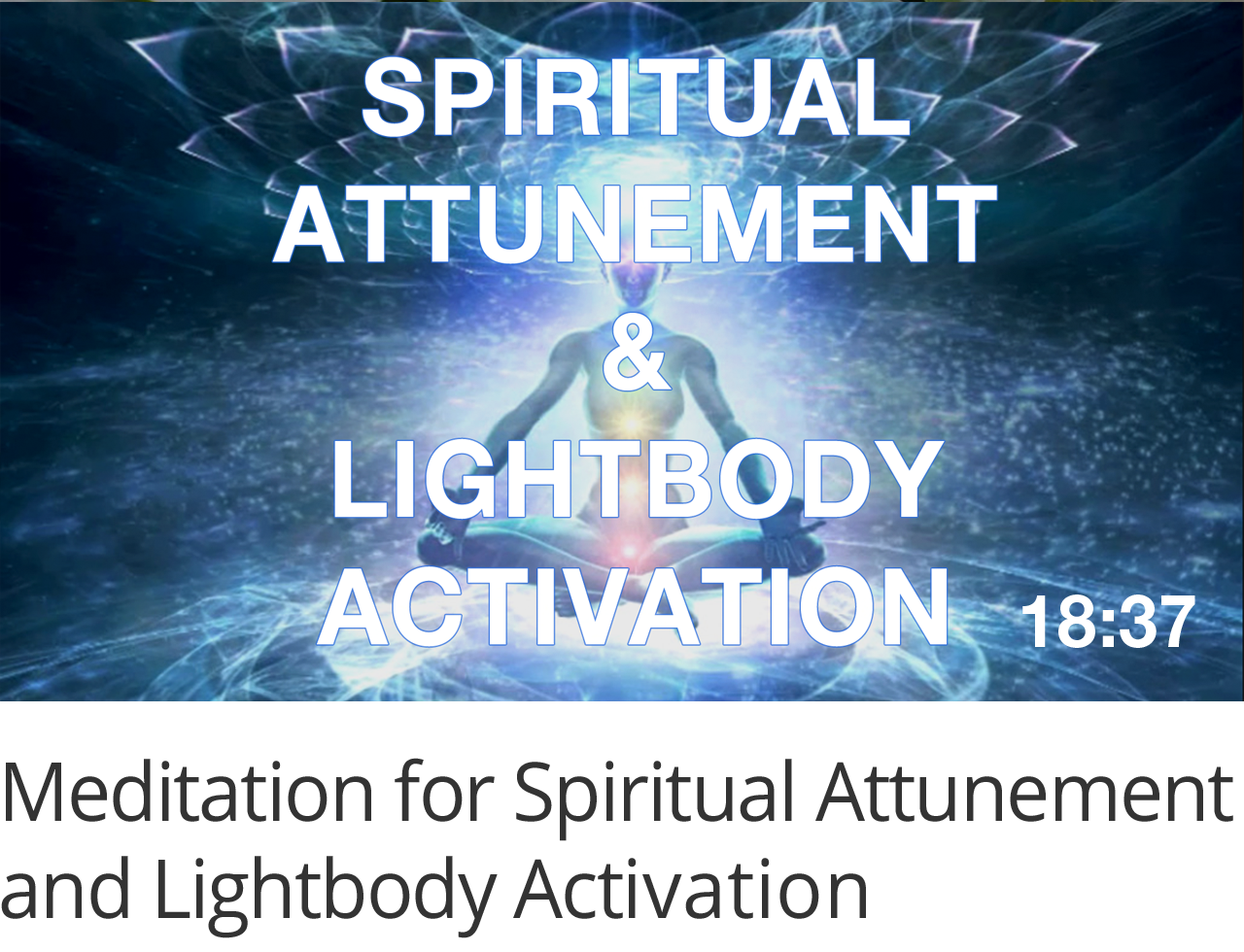
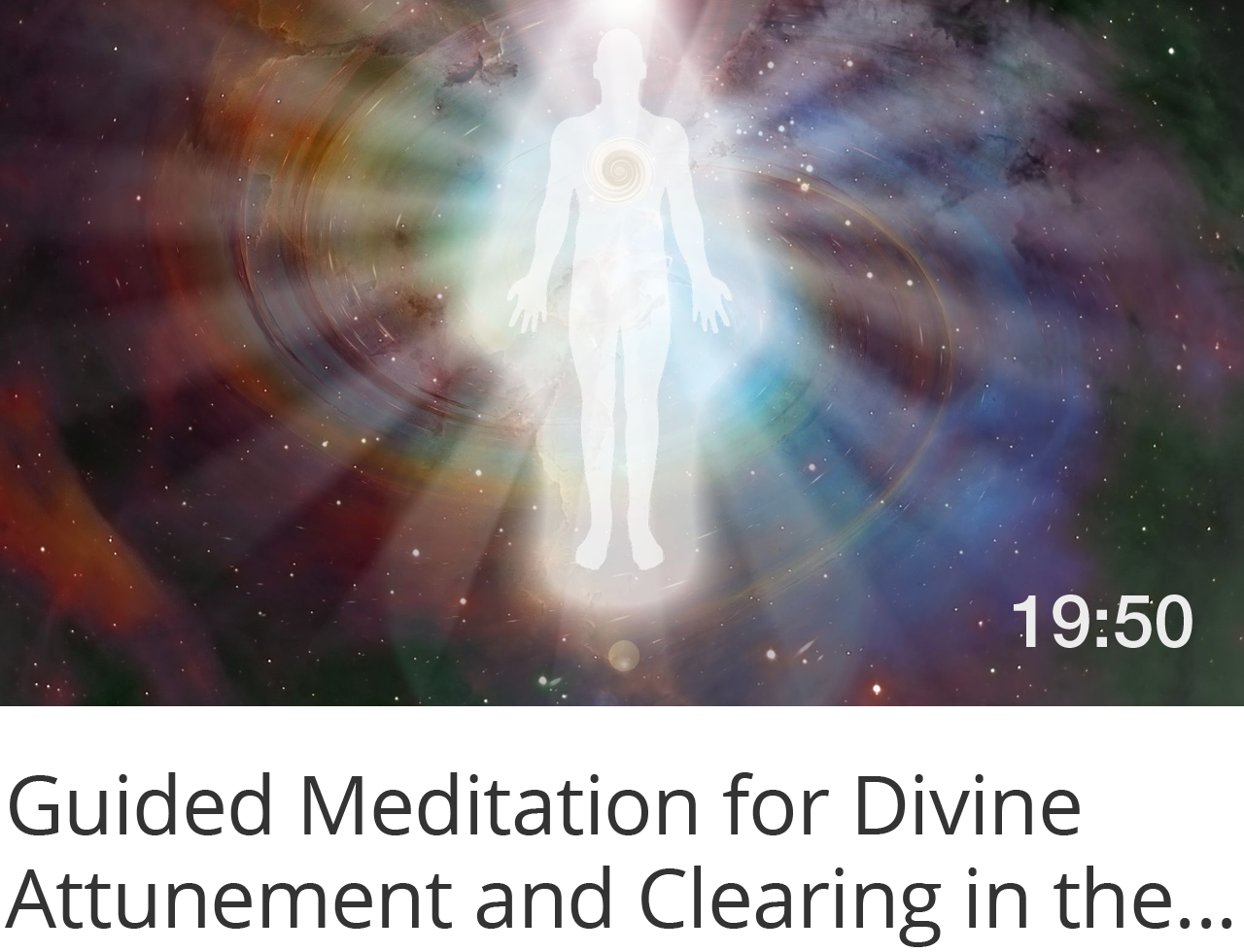
The term “Money” seems to be a one size fits all concept that gets thrown about way too much in today’s discussions. I’d prefer to think of money as something the government creates. As you point out, one size and one type do not fit us all. Many currencies, all circulating for the better of our environments, neighborhoods and regions do a much better job of filling the gaps left behind by government issued scarce money. In many cases, a mutual credit system such as a LETS or TimeBank will supply the much needed additional currency to flow into areas… Read more »
Thank you, Carl for your thoughtful response. Part of the issue we are facing in being stuck is indeed thinking of money as if it is just one thing created by governments. Like many things, we can expand the mind beyond the cultural norms and think outside the box to meet our needs in the most resourceful, authentic way that honours ourselves, our families, our communities, and the ecological and social systems we are embedded in. Parallel currencies tied to the appropriate scale, including the local community, are indeed the beginning of a solution, so that we can regain control… Read more »
Great article, Leigh. I don’t have anything to add to the picture you are presenting, but I would like to suggest a change in the angle of the lighting a wee bit. For a moment? May I? You’ve nailed the problem. Got it square on, Lets just put this tiny, bright, spotlight right here on – INTEREST. Almost got it…. Nudge it over a touch more. Right…. here. Interest on new money! “Loans” of money that didn’t already exist. Bank loan money, mainly. You see, this spot is the cancer in the system. Debt is the flip side of the… Read more »
Thank you, Lee for a great response. Interest is indeed a a major consideration in a debt-free money system, and is referred to in this article, though not to the extent that it could be, so thank you for turning up the brightness on it! Debt is an issue too, specifically when it takes the form of money issued to a money system as debt from outside. We need to look at money flows, and if the flow is effectively leaving the community through debt or interest then that is a problem as it drains the community of its wealth… Read more »